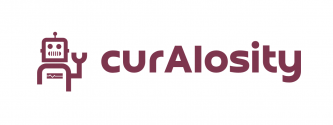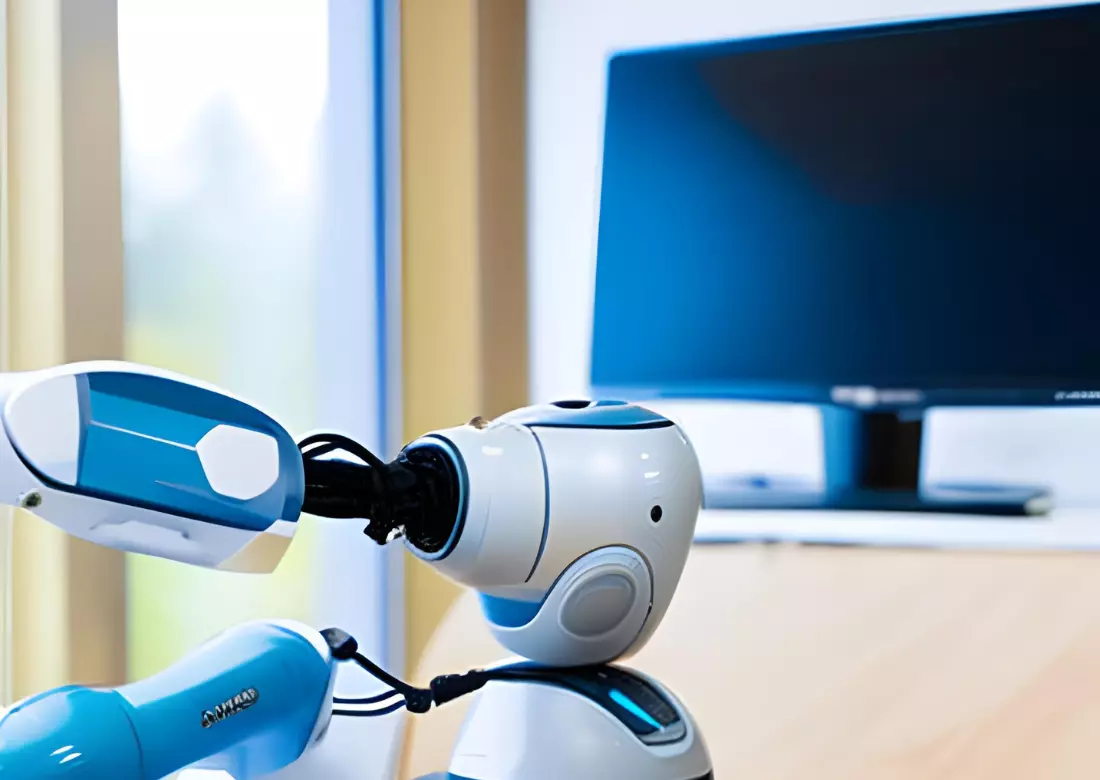Table of Contents
- 1 Can Doctors Truly Be Replaced By AI?
- 1.1 Understanding AI in Healthcare
- 1.2 The Capabilities of AI in Medicine
- 1.3 The Indispensable Role of Doctors
- 1.4 Embracing AI as an Aid, Not a Replacement
- 1.5 Conclusion – Can Doctors Truly Be Replaced By AI?
- 1.6 Top 5 FAQs on “Can Doctors Truly Be Replaced By Technology?”
- 1.6.1 1. Can technology replace doctors in the future?
- 1.6.2 2. What role does AI play in procedural medicine?
- 1.6.3 3. How is AI utilized in non-procedural medicine?
- 1.6.4 4. Can AI replace a physician’s ability to make medical decisions?
- 1.6.5 5. What is the significance of the patient-physician relationship?
Can Doctors Truly Be Replaced By AI?
The rapid advancements in Artificial Intelligence (AI) have sparked debates about its potential impact on various industries, especially healthcare. Among the most intriguing discussions is whether AI can replace doctors in the future. In this article, we delve into the realm of AI in healthcare and explore the extent to which AI can complement, enhance, or possibly replace human doctors. Can Doctors Truly Be Replaced By AI? While AI has shown remarkable capabilities, the role of doctors remains irreplaceable due to their unique skills and qualities that go beyond AI’s capabilities.
Understanding AI in Healthcare
AI in healthcare refers to the application of computer algorithms and machine learning to analyze medical data, make diagnoses, and suggest treatment plans. It encompasses a wide range of technologies, including natural language processing, deep learning, and expert systems. AI has already demonstrated its potential in various healthcare tasks, such as medical image analysis, drug discovery, and personalized treatment recommendations. Can Doctors Truly Be Replaced By AI?.
The Capabilities of AI in Medicine
- Diagnostic Accuracy: AI algorithms have proven their prowess in analyzing vast amounts of medical data and accurately diagnosing conditions from medical imaging, such as X-rays and MRI scans. AI’s ability to detect patterns and anomalies surpasses human capabilities in some cases, leading to faster and more precise diagnoses.
- Personalized Treatment Plans: With access to a patient’s comprehensive medical history and genetic information, AI can generate personalized treatment plans tailored to individual needs. Can Doctors Truly Be Replaced By AI? This precision medicine approach maximizes treatment effectiveness and minimizes adverse reactions.
- Drug Discovery and Development: AI-driven simulations and data analysis expedite drug discovery processes. By predicting molecular interactions and identifying potential drug candidates, AI accelerates the development of new medications, benefiting patients worldwide.
- Virtual Health Assistants: AI-powered virtual health assistants, such as chatbots, offer round-the-clock patient support. They answer medical queries, provide information on symptoms, and guide patients through self-care measures, enhancing patient engagement and accessibility to healthcare advice.
The Indispensable Role of Doctors
While AI demonstrates tremendous potential, the role of doctors remains indispensable for several reasons:
- Clinical Judgment and Decision-Making: The practice of medicine often involves complex and nuanced decision-making, considering not only medical data but also a patient’s emotions, preferences, and unique circumstances. Doctors possess the ability to exercise clinical judgment and empathy, factors that are challenging for AI to replicate.
- Comprehensive Patient Care: Healthcare extends beyond diagnosis and treatment plans. Doctors play a crucial role in providing holistic patient care, including emotional support, counseling, and fostering doctor-patient relationships built on trust.
- Critical Thinking and Adaptability: Medical practice frequently involves encountering complex and unique cases that may not fit standard protocols. Doctors employ critical thinking and adaptability to devise innovative solutions, which AI may struggle to do without prior data. Can Doctors Truly Be Replaced By AI?
- Ethical and Moral Considerations: Making ethical decisions in healthcare requires a deep understanding of medical ethics and moral principles. Can Doctors Truly Be Replaced By AI? Doctors are trained to navigate delicate ethical dilemmas, ensuring patient autonomy and best interests.
- Communication and Empathy: Effective communication is essential for healthcare professionals to convey diagnoses, treatment plans, and health information to patients and their families. Doctors’ empathy and interpersonal skills are instrumental in providing compassionate care.
Embracing AI as an Aid, Not a Replacement
Rather than fearing AI as a replacement for doctors, the healthcare community should embrace AI as a powerful aid to enhance medical practice. Integrating AI into healthcare settings can revolutionize patient care by automating repetitive tasks, facilitating data analysis, and reducing diagnostic errors. This synergy of AI and human expertise leads to better patient outcomes, improved efficiency, and greater accessibility to healthcare services.
Conclusion – Can Doctors Truly Be Replaced By AI?
In conclusion, while AI has made significant strides in healthcare and can assist doctors in various tasks, it cannot truly replace human doctors. The unique qualities of doctors, such as clinical judgment, empathy, critical thinking, and ethical decision-making, are irreplaceable in patient care. Can Doctors Truly Be Replaced By AI? The future of healthcare lies in harnessing the potential of AI to augment and complement medical practice, empowering doctors to provide even more effective and compassionate care to patients worldwide. The symbiotic relationship between AI and doctors holds the key to a brighter and healthier future for healthcare.
Top 5 FAQs on “Can Doctors Truly Be Replaced By Technology?”
1. Can technology replace doctors in the future?
- While technology, including robots and AI, has made remarkable advancements in healthcare, it cannot fully replace doctors. Technology can augment a physician’s workflow and improve decision-making, but the humanistic approach to medicine, considering multiple patient variables, remains essential to quality healthcare.
2. What role does AI play in procedural medicine?
- AI has revolutionized procedural medicine by introducing high-tech surgical robots and semi-autonomous systems. For instance, the Da Vinci surgical robot allows surgeons to perform intricate surgeries with greater precision. Can Doctors Truly Be Replaced By AI? However, doctors still play a crucial role in guiding and controlling these systems during procedures.
3. How is AI utilized in non-procedural medicine?
- AI is at the forefront of diagnostics and predictive analysis in non-procedural medicine. Advanced AI systems, like IBM’s Watson Health, have demonstrated significant progress in analyzing big data, historical records, and imaging data for improved decision-making. AI’s contribution during the Covid-19 pandemic, such as detecting Covid-19 on chest x-rays, highlights its potential.
4. Can AI replace a physician’s ability to make medical decisions?
- While AI systems can provide treatment recommendations based on data analysis, a physician’s expertise goes beyond simple data-based answers. Physicians consider various patient-specific variables, financial situations, medication adherence, and emotional well-being, leading to more comprehensive medical decisions.
5. What is the significance of the patient-physician relationship?
- The patient-physician relationship is a critical aspect of healthcare that technology cannot fully replicate. Physicians go beyond data-driven decisions and consider the patient’s emotional well-being, social context, and individual preferences when devising treatment plans. This humanistic approach defines the art of medicine.

